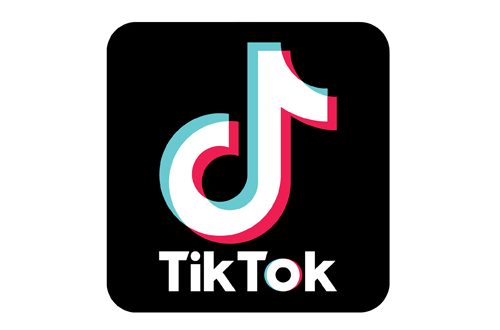The Bhutan InfoComm and Media Authority (BICMA) has issued a public notification warning against the growing trend of “extreme punishment shows” on TikTok, cautioning that such content not only endangers participants, but also risks normalizing self-harm and humiliation in Bhutanese society.
The notification, released on 21st August 2025 comes after the regulator observed a surge in live-streamed content where individuals engage in harmful, degrading, or painful acts to attract views, likes, and virtual gifts.
BICMA stressed that such shows often presented as entertainment are a violation of the Rules and Regulations on Content 2019, particularly Section 2.2(c), which prohibits any media that is offensive to public feeling, indecent, abusive, threatening, or encouraging of crime and disharmony.
BICMA said that these shows may appear lighthearted, but they push individuals into dangerous situations for validation, and in many cases, for monetary incentives.
BICMA advised that accounts found engaging in or promoting such content will face regulatory enforcement.
The authority’s concern extends to the potential psychological toll and the risk of imitation among young viewers, many of whom are among Bhutan’s most active TikTok users. The notification appeals to creators, live streamers, and audiences to refrain from supporting such harmful practices and to use social media responsibly.
This is not the first-time concerns over TikTok content have surfaced in the country.
Last year, the Department of Law and Order under Home Ministry also warned against extreme challenges on the platform, noting the dangers of stunts and punishments being carried out in pursuit of online fame.
Although there were few formal complaints at the time, officials highlighted the risks such behavior posed to youth and to social harmony.
Public opinion around the platform, however, remains divided. Some users have openly acknowledged the negative impact TikTok has had on their well-being.
Actress and former MP Kezang D Wangmo previously shared how overuse of the App disrupted her sleep, altered her body image, and affected her mental health.
Others, meanwhile, argue that TikTok offers a valuable creative outlet.
Several people have emphasized the App’s role in self-expression and connection, pointing out that problematic users can be reported or blocked.
“TikTok can be beneficial as a platform for creative expression and it is also a tool for empowerment and freedom of speech,” Pema Dorji, a user says.
There are also voices who place the responsibility squarely on individuals.
“If you’re convinced TikTok is a gem, dive into the glitter. If you think it’s garbage, toss it aside,” says a couple user, reflecting the sentiment that the platform itself is neutral, but its usage defines its value.
Tshering Denkar, a popular Bhutanese content creator, shared her perspective on the rising trend of TikTok gaming and punishment shows. She recalled that when such shows first emerged in Bhutan, she too was curious about how the gaming format worked. Out of curiosity, she participated once with a contestant who already had a history of winning.
She says, “Except for that initial exploration, I never played the game at the cost of punishment. What I noticed was that people were watching me, and that gave me encouragement to play a few more rounds with the same participant but always without any punishments involved.”
On the issue of punishment-based games, she noted that it ultimately comes down to personal choices. “It depends on individual preferences, what one chooses to sell about oneself and what not,” she says.
Commenting on BICMA’s recent notification, Denkar acknowledged the regulator’s concern. “I do agree that the punishments are extreme. But at the end of the day, it all depends on individuality. If someone is doing it for money, there is little that can be done.”
At the same time, she emphasised the need for stronger safeguards. “There should be strict rules and more social media literacy for everyone, not just youths, but parents too,” she added.
BICMA’s latest directive signals a firmer regulatory stance amid these debates.
As discussions around TikTok continue, experts suggest that stricter enforcement alone may not be enough. Many call for awareness campaigns, digital literacy programs, and open community dialogues to help young people, parents, and creators navigate the digital space responsibly.
Many users said that Tiktok should be banned for the better good.
With proposals in Parliament also pushing for a zero-tolerance policy toward harmful online content, Bhutan may soon see even tighter measures to ensure not just Tiktok, but also other social media use aligns with the country’s broader vision of safety, dignity, and harmony.
 The Bhutanese Leading the way.
The Bhutanese Leading the way.




